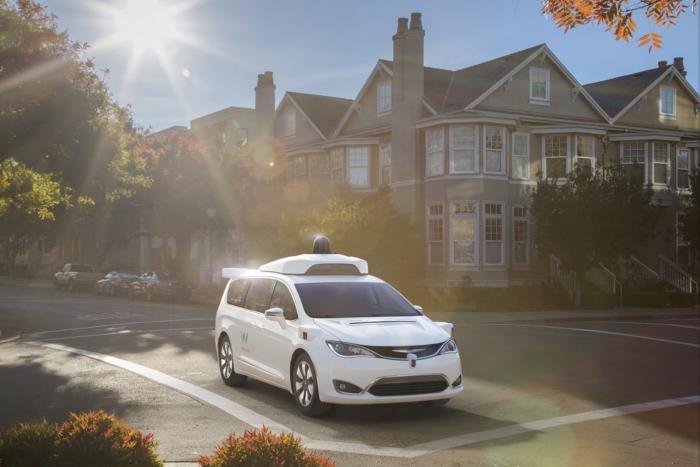Your car will eventually live-stream video of your driving to the cloud
Credit to Author: Lucas Mearian| Date: Fri, 28 Apr 2017 10:40:00 -0700
As self-driving cars become more advanced with a greater number of onboard computers, sensors, cameras and WiFi, the amount of data is expected to balloon, providing automakers, insurers and others with rich information to harvest.
A single autonomous car could generate as much as 100GB of data every second, said Barclays analyst Brian Johnson, in a note published Wednesday.
 Barclays
BarclaysIf extrapolated out to the entire U.S. fleet of vehicles — 260 million in number — autonomous cars and trucks could potentially produce about 5,800 exabytes, Johnson stated.
To read this article in full or to leave a comment, please click here




